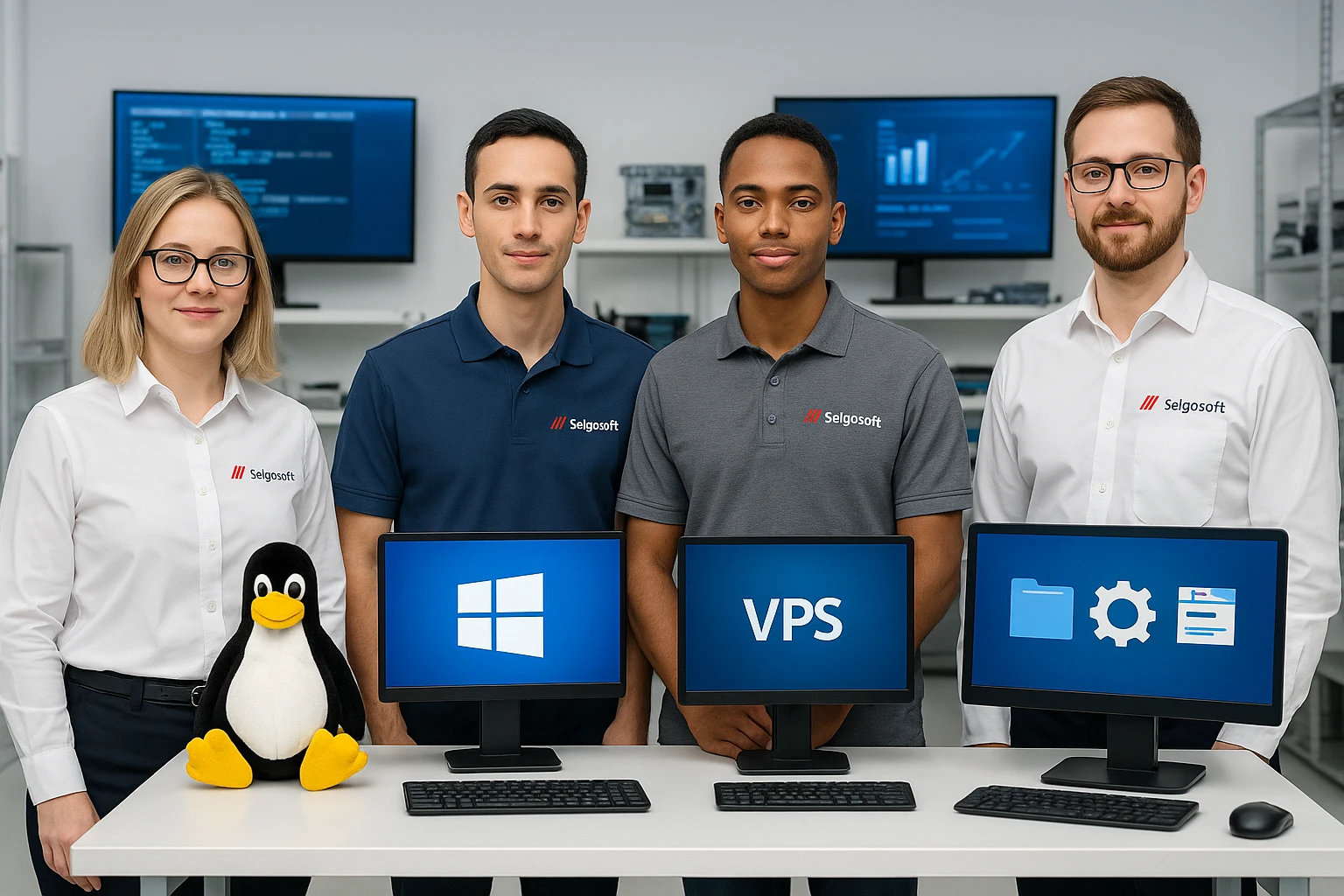SYSTEMS ADMINITRATORS
SYSTEM ADMINSeigosoft Linux and Windows System Administrators
Seigosoft Global Services’ System Administrators form the backbone of the company’s IT infrastructure management. Supporting both internal systems and client environments, these administrators ensure that all Linux and Windows servers, virtual machines, and cloud instances operate securely, efficiently, and reliably.
Overview
Seigosoft Linux and Windows System Administrators:
-
Manage, monitor, and secure enterprise-class Linux and Windows server environments (both on-premises and in the cloud).
-
Provide critical backend support for Seigosoft’s SaaS platforms, field service tools, and client IT systems.
-
Collaborate with project managers, developers, and field engineers to deploy and maintain systems supporting Seigosoft’s service delivery.
-
Lead efforts to maintain compliance with regulatory and security standards (e.g., HIPAA, PCI DSS, ISO 27001).
Key Responsibilities
-
Server Administration: Install, configure, and maintain Linux distributions (e.g., Ubuntu, CentOS, RHEL) and Windows Server editions (e.g., 2016, 2019, 2022).
-
User and Access Management: Manage Active Directory, LDAP, and local accounts; ensure proper permissions and access controls.
-
Patch and Update Management: Ensure systems are up to date with security patches and software updates.
-
Monitoring and Performance: Use tools like Nagios, Zabbix, Windows Performance Monitor, or Prometheus to track system health, resource utilization, and availability.
-
Incident Response: Troubleshoot server, service, and network issues; perform root cause analysis and recovery.
-
Backup and Recovery: Implement and manage backup strategies for business continuity and disaster recovery.
-
Automation and Scripting: Develop scripts (e.g., Bash, PowerShell) for task automation, configuration management, and deployment processes.
Skills and Competencies
-
Technical Expertise: Deep knowledge of Linux and Windows operating systems, virtualization platforms (VMware, Hyper-V), and cloud services (AWS, Azure, or GCP).
-
Security Mindset: Familiarity with firewalls, IDS/IPS, endpoint protection, and secure system hardening practices.
-
Scripting: Proficiency in Bash, PowerShell, or Python for automation.
-
Documentation: Ability to create detailed system documentation, configuration records, and change logs.
-
Collaboration: Strong teamwork with developers, engineers, and compliance staff to align system configurations with operational and regulatory requirements.
